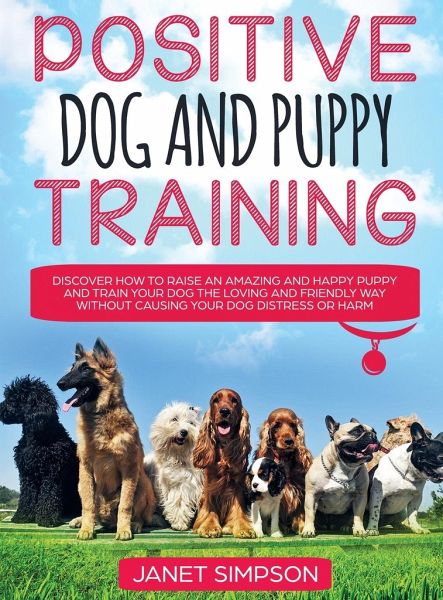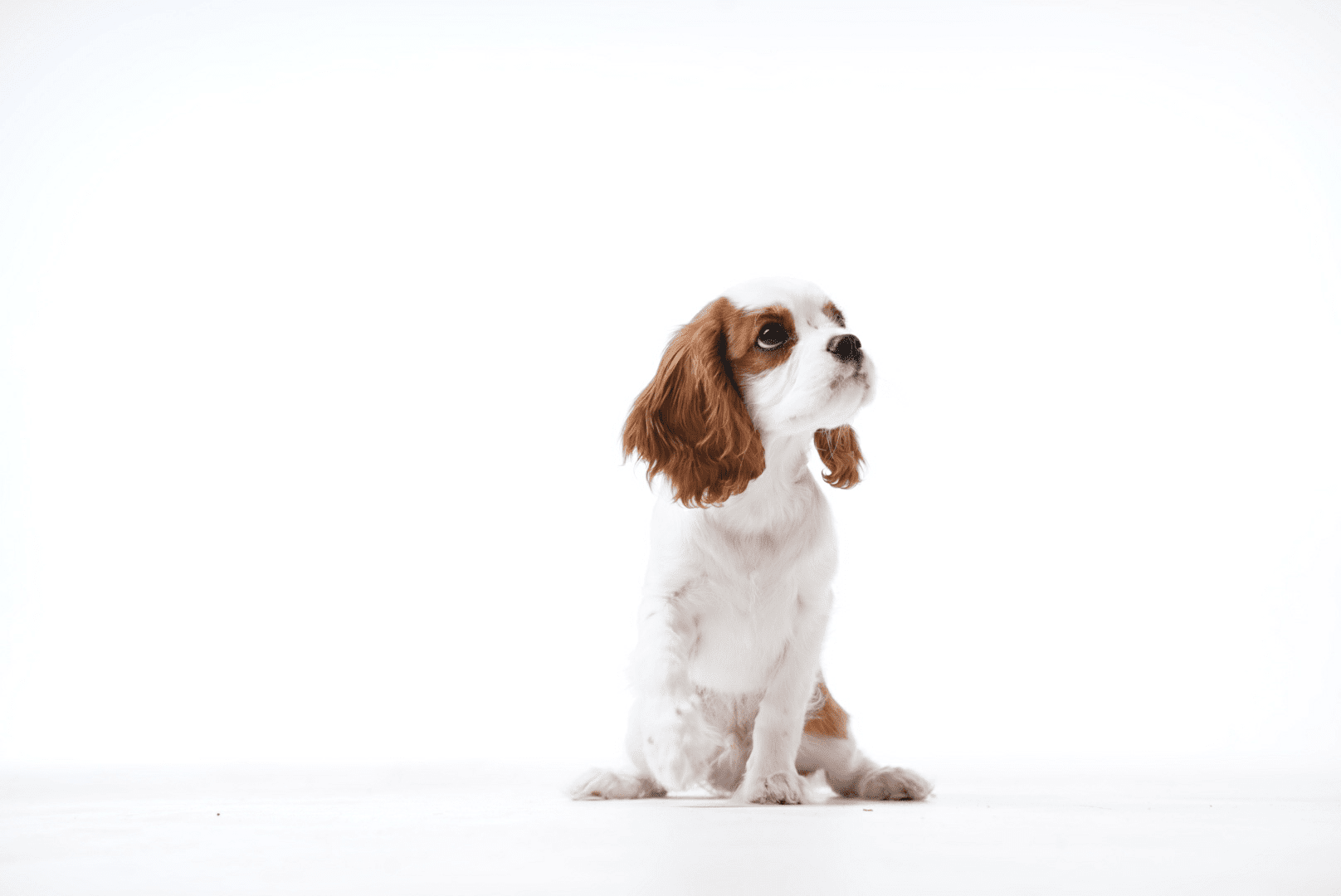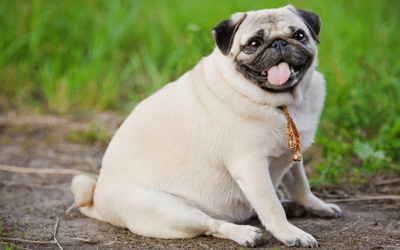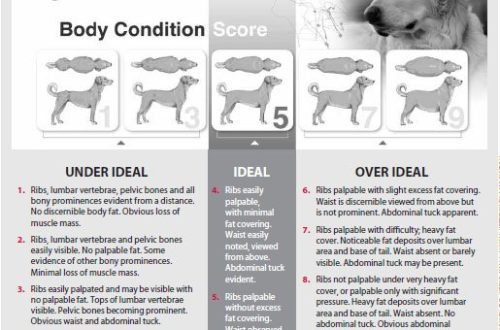
How to raise and train a puppy?
- All training sessions with the puppy should be short. Practice more often, but in short intervals. At 10 weeks, the session should not exceed 7 – 10 minutes. At 15 weeks, the session should not exceed 15 to 20 minutes.
- In order not to overfeed your puppy, replace part of the feeding with a mini workout. Everything that the puppy has not eaten, put in a bowl. If the puppy cannot concentrate, but only thinks about food, give first part in a bowl, feed the second part for training.
- It is important to finish any workout with a puppy before the puppy gets tired. Always end the training with the same word and do it when the puppy is ready to work and cooperate and has a lot of energy for exploits. It is important.
- More often call all your actions with words. There are not many words! When you go to wash your paws, say the word “Paws”, cut your claws, say “Claws”, cross the road and stop at the crossroads, be sure to say “Stop, road”, for example. At first, for a puppy, all your words will mean nothing, but over time, many phenomena and events will become predictable for him thanks to your prompts. And dogs really appreciate the predictability of this world, it is much easier and happier for them to live this way.

“My puppy always fell asleep next to me on the couch, I go to bed late and when I went to the bedroom I took him with me because he could fall off the couch. He did not like it very much that in the middle of a sound sleep he was picked up and disturbed. Yes, and I myself knew that you should not touch a sleeping puppy. I woke him up a little, took him in my arms, constantly stood up “Let’s go to bed” and carried him to the bedroom. At first, he growled quite loudly in response: like, don’t touch it, you see, I’m sleeping. A week later, I shifted him sleeping, saying only “Let’s go to bed” and he did not even growl. Now he has grown up and comes by himself.”
Kevin’s mom





